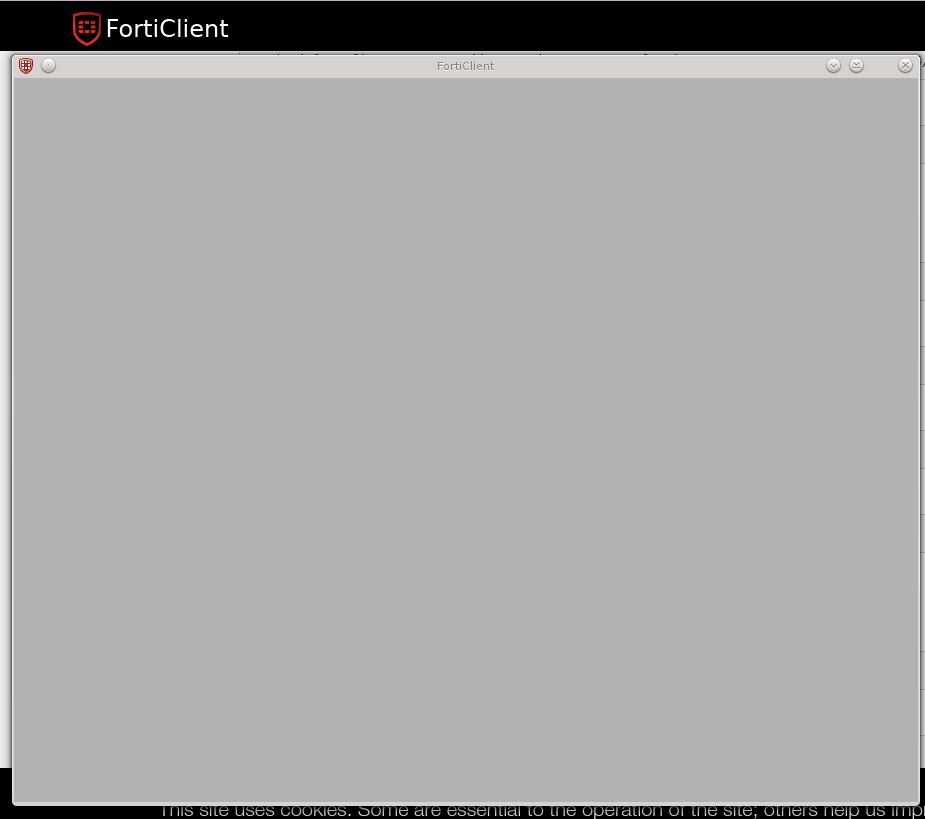

OVER the years I've encountered and used a lot of VPNs. It's one thing I'm quite familiar with, having configured and debugged VPNs quite a lot. At work, we use Free/libre VPNs that we host and manage ourselves (typically OpenVPN and IPSec/StrongSwan). But clients' choices of VPN are another matter. Occasionally I must access a client's GNU/Linux server to carry out maintenance, patching and software upgrades. It's quite a routine thing.
"Why is it that Free software generally works a lot more consistently than proprietary counterparts and why do some people pay a lot of money for VPN tools that not only cost a lot of money but need to be 'repurchased' (re-licensed) annually or any time one 'upgrades'?"VPN software varies from client to client and some VPN tools are so awful that it's not even funny. It can be painful. At times impossible!
Why is it that Free software generally works a lot more consistently than proprietary counterparts and why do some people pay a lot of money for VPN tools that not only cost a lot of money but need to be 'repurchased' (re-licensed) annually or any time one 'upgrades'? Suffice to say, many of these proprietary things have holes in them (kept under the rug), so one might actually be paying for additional security holes rather than security. Snowden's stash of leaks revealed some evidence to that effect.
"Much time down the drain."One might say I'm opinionated, but I'm not alone. It's not only me who complains by the way; a colleague explained that "[a]t the moment the only access we have for [client] is via a horrible proprietary VPN. You are only able to get clients for Windows and Mac officially, however an Ubuntu client has been found that works too. To make things more complicated it does not appear to work at all in Windows Server, meaning we can't provide access though the Windows [shared/remote virtual] box. If you have a Windows or Mac box, you can download the client from http://forticlient.com/ and the Ubuntu one can be found here https://forticlient.com/repoinfo..."
Well, nothing that I've tried allows me to access the client's network. Much time down the drain. You can try again and again (dealing with binary blobs). The FortiClient software is defective, however, as it shows an unimpressive blank window each time it starts (I tried other, more complicated things) and there's no way to debug this.

So-called 'Client'; Whose exactly? Spy agencies?
"Platform detected: fedora" (which is false by the way, it's not even an RPM-based distro, so I think they need to do more work on their client-side tools if it's advertised as cross-platform)
"The bottom line is, proprietary VPN software is utterly bad, it rarely prevents security incidents, and it is more like duct tape on top of something inherently broken."Our internal wiki indicates that we cannot access this over a virtual Windows Server, either. Because that too is not supported. What other access options may there be? And why need they complicate access to the point where they shut out people who merely try to keep their machines secure and up to date? As a Techrights associate recently noted, the whole concept behind VPN is flawed. It seems to assume that operating systems in use aren't safe if connected to the Web (there are NSA back doors, for starters), so complete separation and insulation from the network is seen as desirable. Later this year our combined lifetime for Tux Machines and Techrights will be 30 years. We're a high-profile target for attacks, Techrights in particular (many DDOS attacks over the years), but we never had any security incidents and we never used VPNs. We even gave up on so-called 2FA, knowing that it sounds better in theory than (how it works) in practice.
The bottom line is, proprietary VPN software is utterly bad, it rarely prevents security incidents, and it is more like duct tape on top of something inherently broken. Moreover, the quality of proprietary VPN software is utterly appalling. The same can be said about proprietary software other than VPNs, but these companies compensate for that with heavy marketing campaigns and waves of FUD directed at Free software counterparts. ⬆